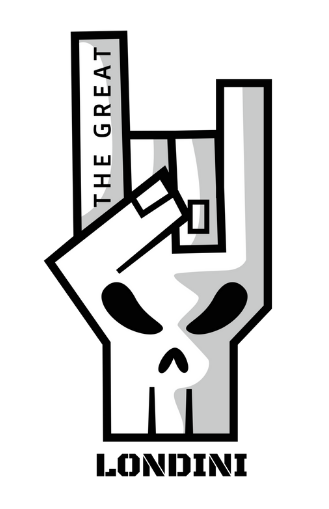Men’s Mental Health: Breaking the Silence, Rewriting the Story
When we talk about health, mental well-being should never be left out — and yet, for many men, it still feels like the one part of themselves they’re not “allowed” to talk about.
June is Men’s Mental Health Month, and it’s more than a calendar event — it’s a call to challenge outdated expectations and open the door to real conversations, real healing, and real strength.
The Silent Struggle: Why Many Men Don’t Speak Up
For generations, men have been taught to:
"Man up"
“Push through it”
"Never show weakness"
But this silence has consequences. Men are statistically less likely to seek mental health support and more likely to suffer in silence, leading to higher rates of substance abuse and suicide — particularly among veterans, young men, and older adults.
The truth is: asking for help isn’t weakness. It’s wisdom.
What Mental Health Looks Like for Men
Mental health challenges may not always look like sadness or tears. Instead, they may show up as:
Anger or irritability
Workaholism or isolation
Substance use
Risk-taking behaviors
Physical symptoms like fatigue, insomnia, or chronic pain
Many men don’t even realize they’re struggling — they just know something feels “off.”
Redefining Strength
It’s time to redefine what strength really means:
Strength is being honest when you’re not okay.
Strength is reaching out to a friend, a partner, or a professional.
Strength is taking care of your mind as much as your body.
Strength is showing up even on the hard days.
Mental wellness is not a luxury — it’s a foundation.
Simple Ways to Support Men’s Mental Health
Talk Openly
Start small. Check in on your friends. Ask how they’re really doing. Create space for honest conversations.
Encourage Healthy Outlets
Exercise, journaling, hobbies, meditation, or just a walk outside — these all support emotional balance.
Know the Resources
Help normalize therapy and peer support. Talking to a counselor isn’t a last resort — it’s proactive self-care.
Be a Safe Space
Sometimes the best way to help is simply by being present without judgment. Listen without trying to “fix.”
Final Thought
To every man reading this: Your mental health matters. You’re allowed to feel, to fall, and to ask for support. You don’t have to carry everything alone.
Let’s create a world where men don’t just survive — they thrive.
You are not weak. You are not alone. You are worthy of healing.

